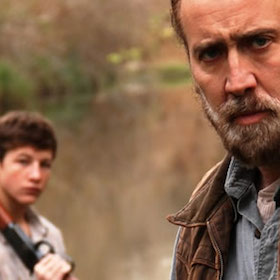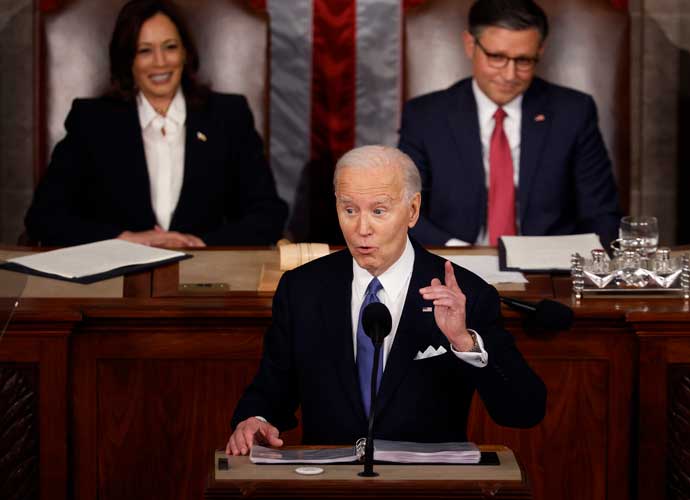'Joe' Review: Novel Adaptation Stars Nicolas Cage In Best Role In Years

4/5
Joe could rival Noah in terms of Biblical reinterpretation. Adapted from Larry Brown’s novel of the same name, it tells a story about a flawed man in difficult times in a difficult world who takes matters into his own hands – rightly or wrongly – trying to redeem himself by saving someone else.
Guided only by his own brand of morality – not a god figure – Joe, played by Nicolas Cage, becomes a guardian angel of sorts to a young boy named Gary (Tye Sheridan), who moves to town with his alcoholic father (Gary Poulter), enabling mother and mute sister. He’s a closet drunk who runs a sketchy business killing trees for a lumber company. He’s the kind of guy who pays visits to a whorehouse to have deep life talks with the madam before paying her for sex. And, Joe’s also the guy who’ll look after a boy he just met in whatever way he can.
Violence is a pervasive theme throughout Joe – physical violence, emotional violence, violence between dogs, against nature, etc. As Willie Russell (Ronnie Gene Blevins), Joe’s nemesis says, “Guns make guys do violent things – knives, cannonballs, hell, even automobiles.” In the grim landscape captured by director David Gordon Green, the brightest color to be seen is red, blood red. Every act of violence is brutal. There isn’t the almost beautiful, artistic cinematic feel of a Quentin Tarantino movie; it’s simply senseless, grotesque destruction.
As Joe, Cage conveys someone both deeply broken and deeply motivated to do right by someone, put their lives together the way he could never do for his own. Cage, who’s been plagued by box office flops and unflattering memes, makes it easy to forget he was ever accused of overacting. He manages to avoid falling into the melodramatic, holding a hard line when it comes to his character’s stoicism, as well as making his bursts of emotion seem genuine.
Not to be overlooked is the acting of up-and-coming Sheridan. As Gary, he emanates with optimism and strength even though he’s in the worst kind of situation. As his father Wade a.k.a. G-Daawg, Poulter’s physical acting is notable, as he shuffles and mumbles through his scenes. His best moment, however, comes in a fit of extreme desperation to get a sip of alcohol, where his addiction leads him to commit the ultimate crime, which he punctuates with a sinister kiss.
Joe isn’t a film where one sits back, takes it all in and purely enjoys the entertainment. It’s an uncomfortable experience. It’s hard to watch the violence and the pain and wanton destruction of life. But it’s endlessly fascinating to watch something good come out of the utter bleakness. Joe doesn’t build an ark, but he tries to give an ill-starred boy a way out of his apocalyptic life.
RELATED ARTICLES
Get the most-revealing celebrity conversations with the uInterview podcast!








Leave a comment